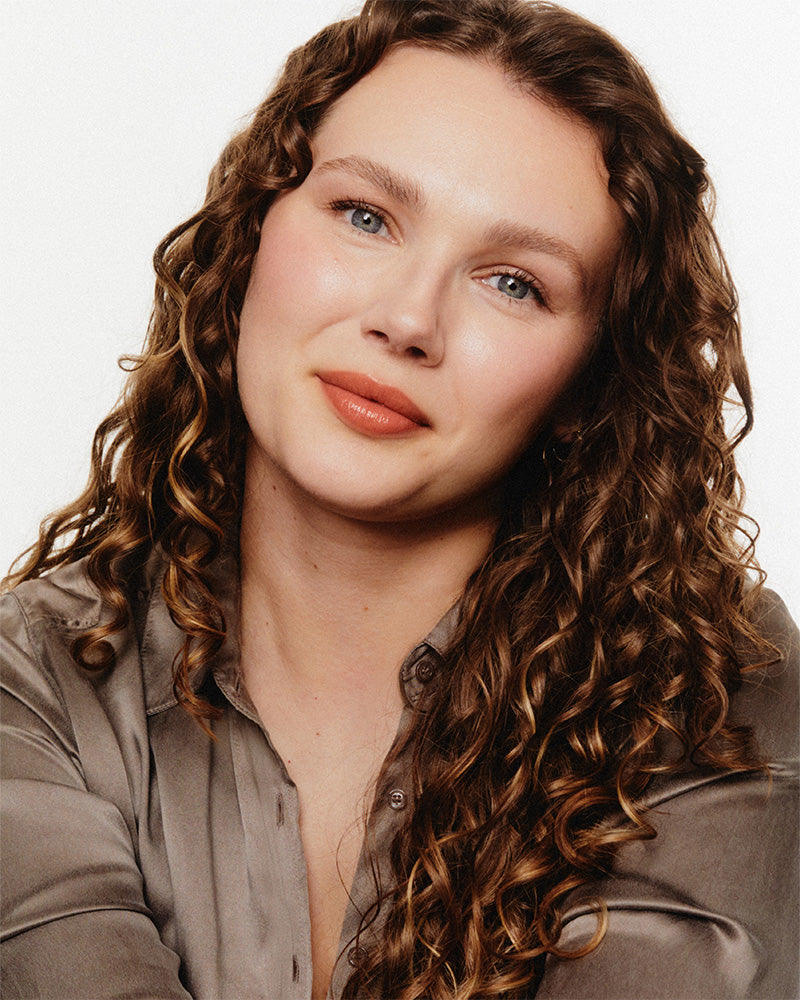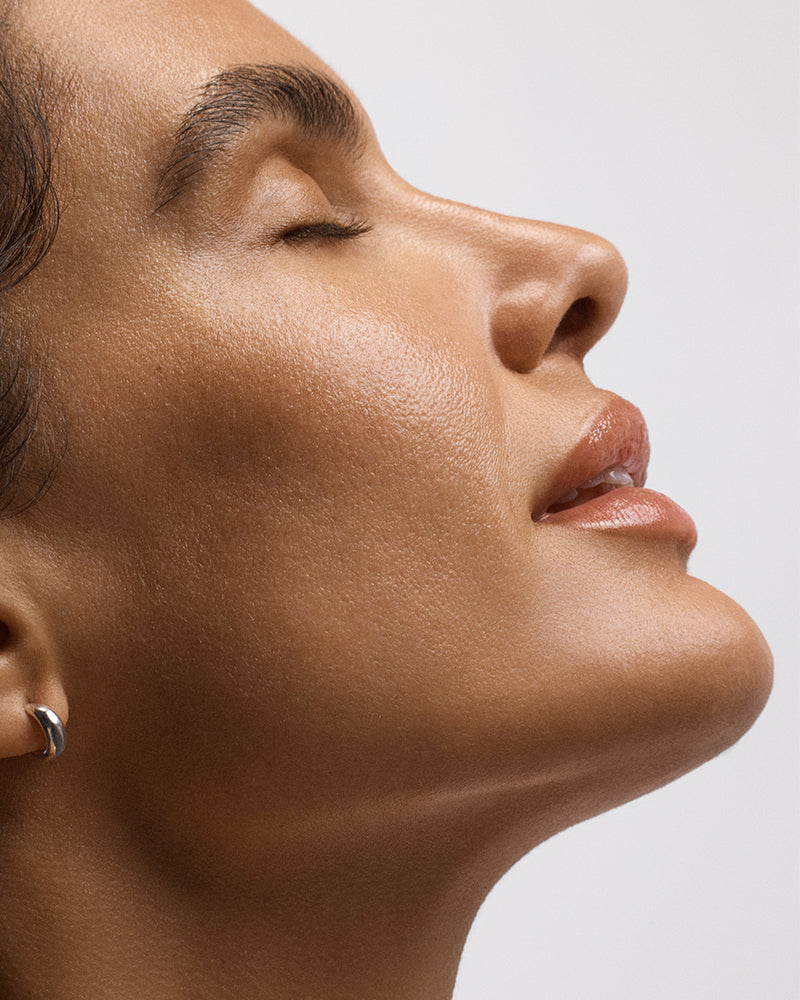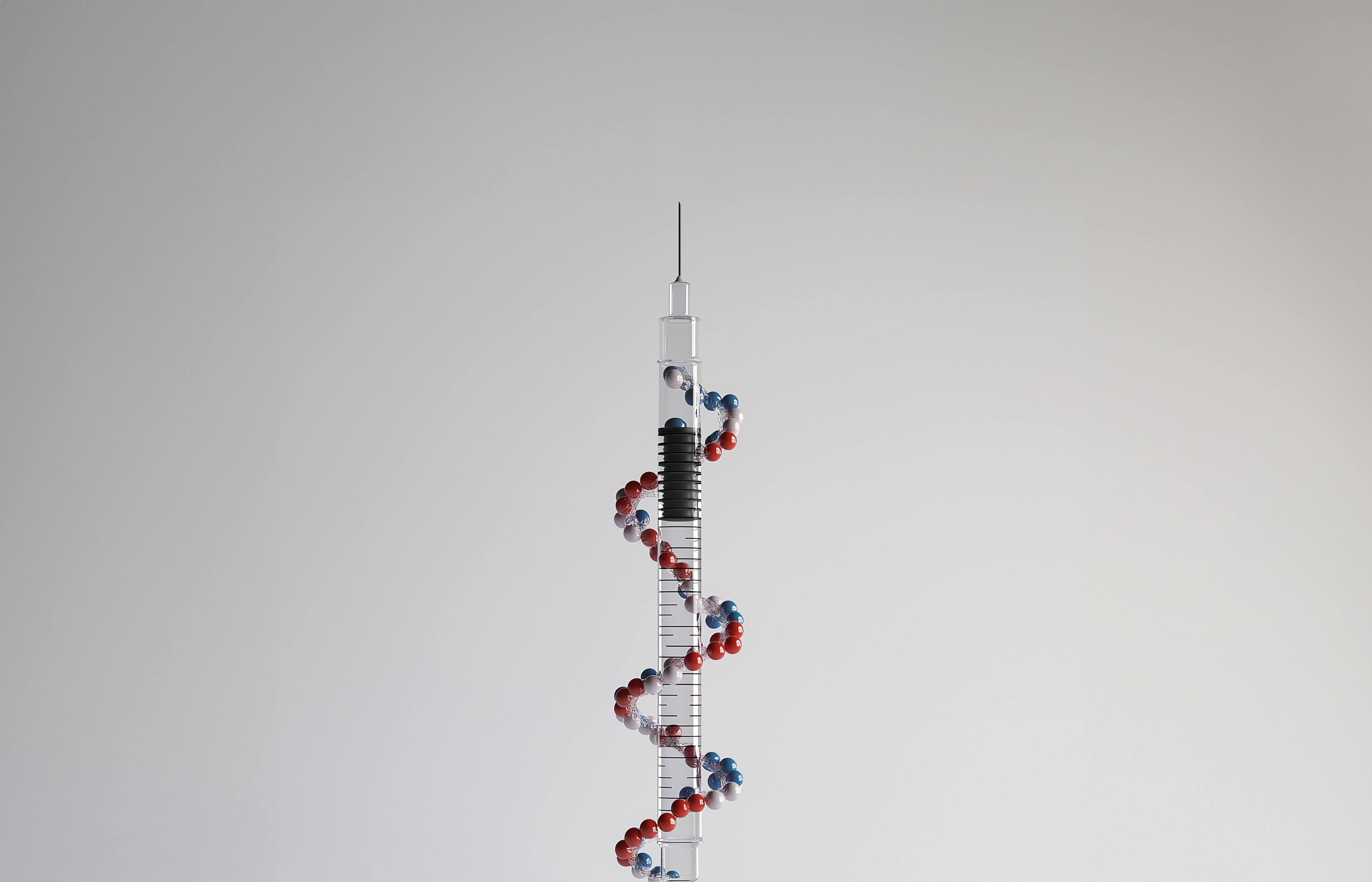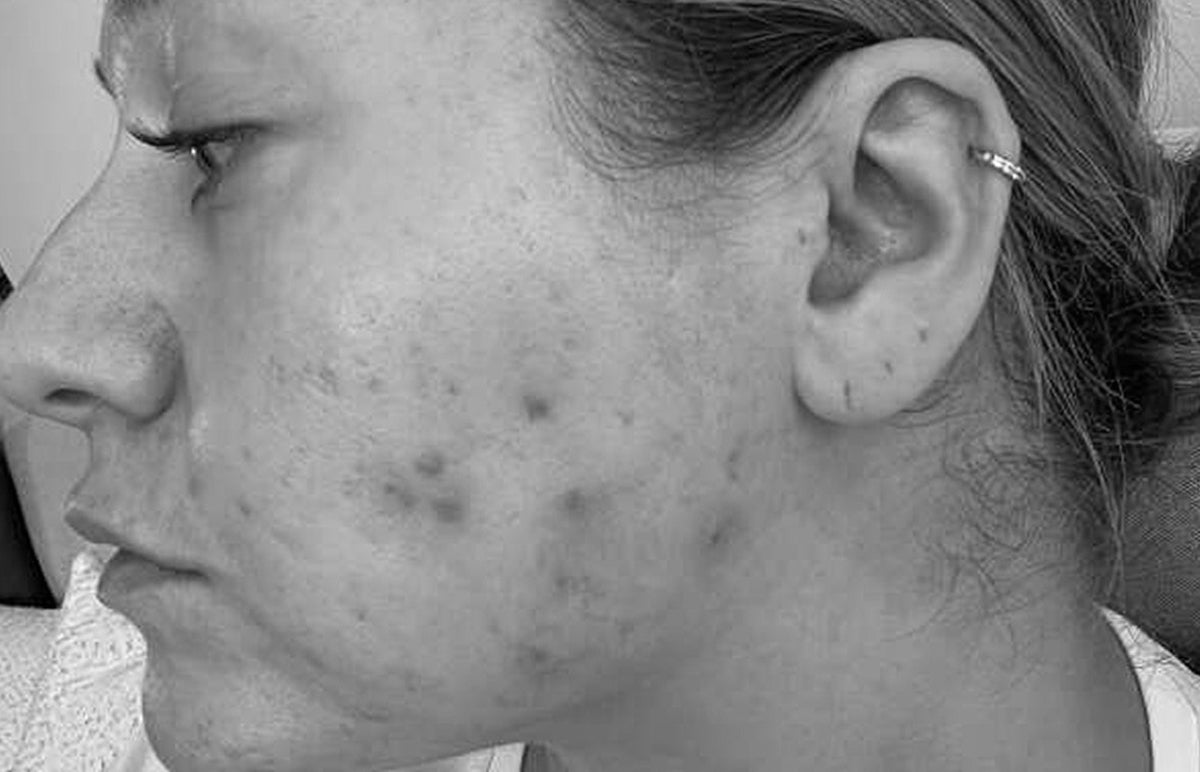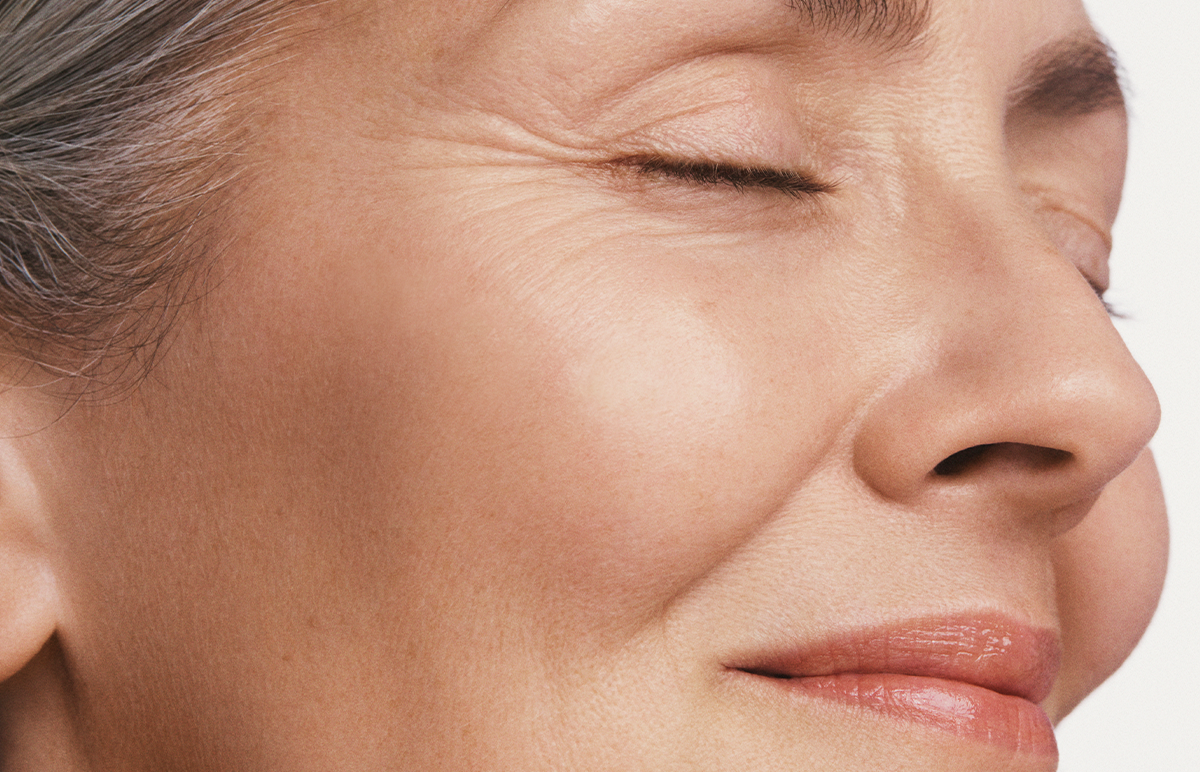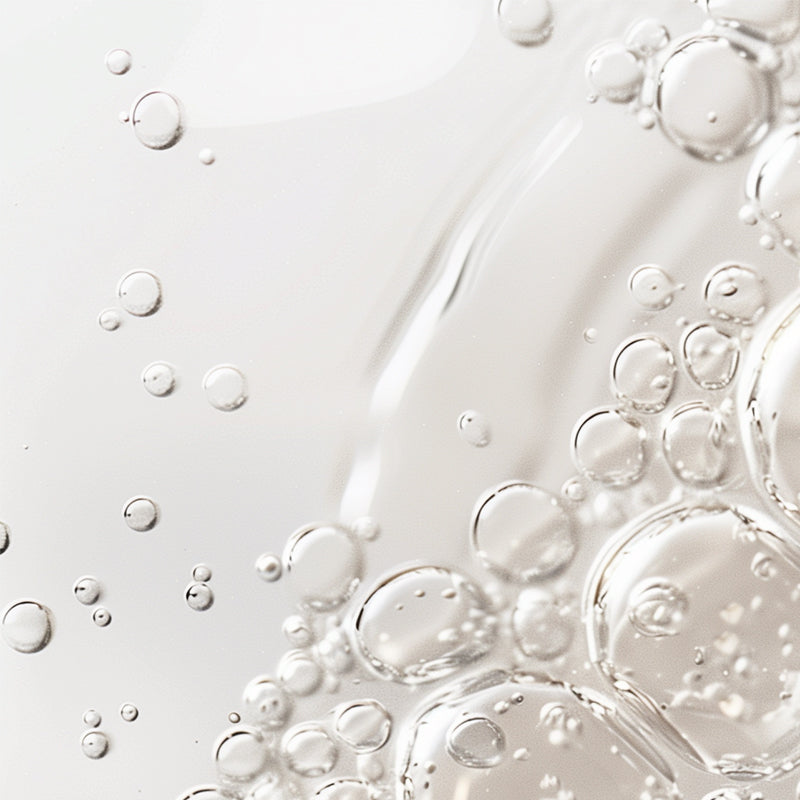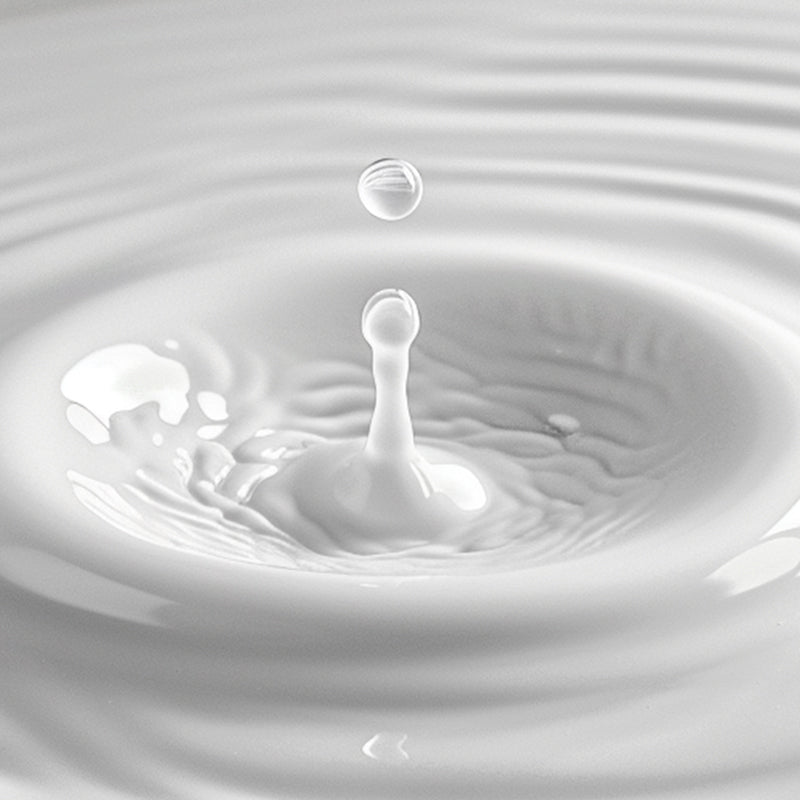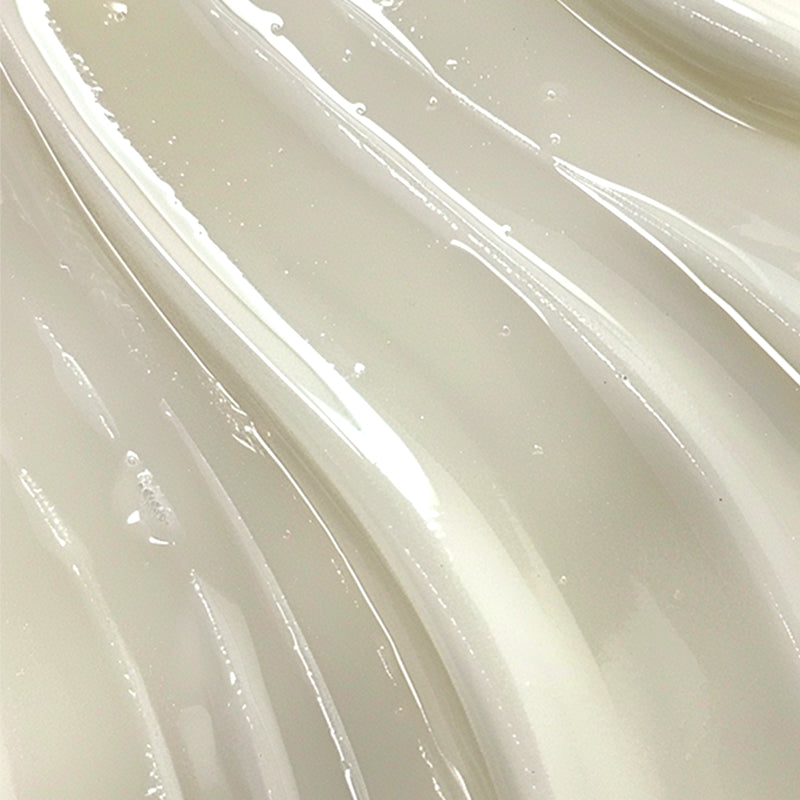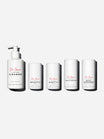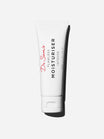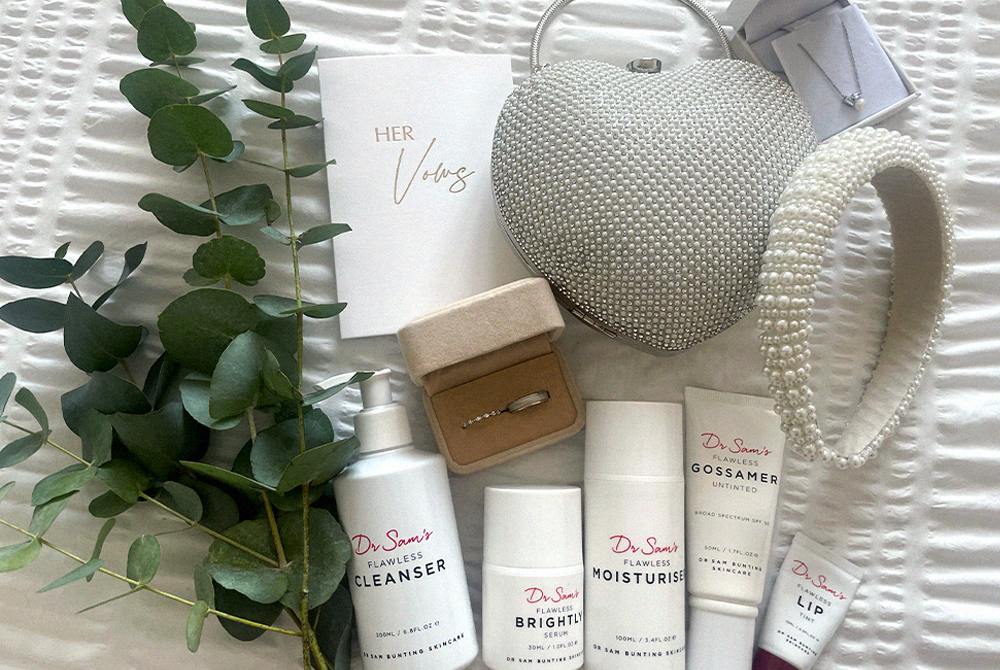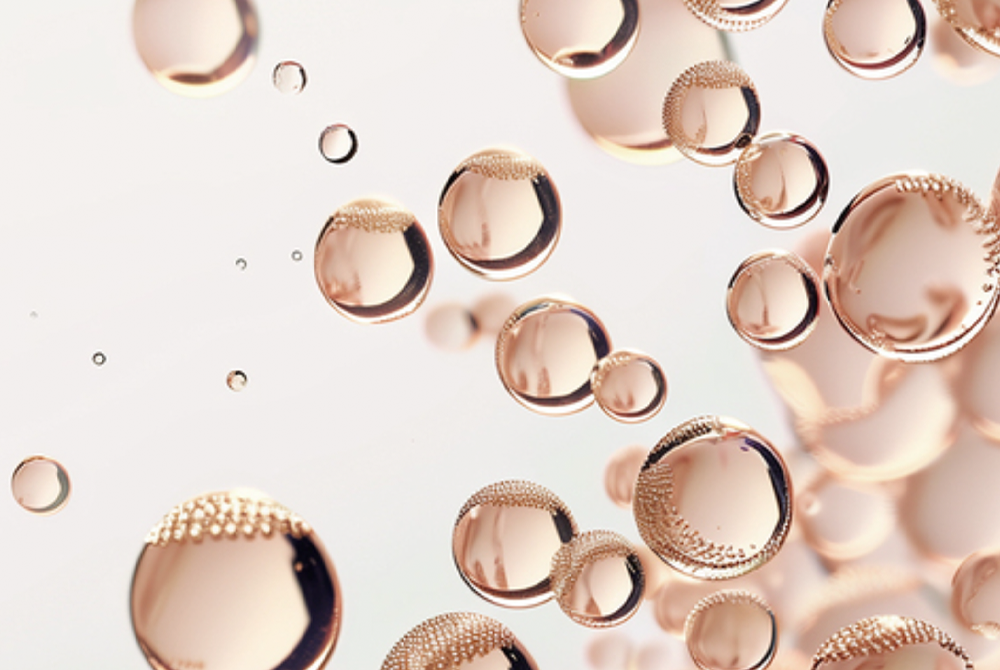Hey guys! Dr Emma here taking over the blog to talk about all things Menopause.
What happens to your skin in Menopause?
For some it’s utter hell, whilst others sail through it. But regardless of your other symptoms, you can be pretty sure that there will be changes going on in the skin. Female hormones, particularly oestrogen, have a huge impact on our skin, so once levels start to change, skin shifts. Collagen, one of the main structural proteins in our skin, reduces significantly – you lose almost 30% of collagen within the first 5 years after menopause. This collagen loss leads to thinner skin and increased wrinkling. Dryness and sensitivity become problematic, because the skin barrier and the water holding molecules of the skin (glycosaminoglycans) both diminish.
Skincare in Menopause
So that’s the bad news. The good news is that there are so many ways that you can help the skin and mitigate against the change in hormonal levels. As always, skincare is key. You’ll need to enhance the hydration in your regime – so strip out the harsh foaming cleansers and alcohol based toners and replace them with gentle cream or gel cleansers. Dial up the richness of your moisturiser and look for skin barrier boosting ingredients like glycerin, shea butter, ceramides and niacinamide. Protecting the skin is more important than ever – if your collagen is diminishing you definitely don’t want to accelerate that process with excess sun exposure, so protect your skin and make sure you are using daily sunscreen.
Actives and Serums for Menopausal Skin
Even if your skin is more sensitive, actives can be more useful than ever during the menopause. Add in antioxidant protection like vitamin C to avoid damage to your skin from free radicals in the environment. Retinoids are a great addition – to help boost your skin cell function and help produce more and higher quality collagen. And there’s more, we also now have specific skincare to target the oestrogen loss in the skin. Methyl estradiolpropanoate (MEP) is a non hormonal topical (cream) treatment which can mimic the effects of oestrogen within the skin, without any hormonal side effects, and has been shown to improve dryness, dullness and fine lines. For some women, other forms of hormonal replacement therapy (HRT) may be prescribed by a doctor– whether it be tablets, patches or gels. These can be an absolute lifeline for some women and have been shown to have a positive effect on the skin as well.
Eating and Exercising in Menopause
And finally, don’t forget lifestyle. It’s a great time to ensure that exercise is a routine part of your week. Mix it up; cardio but also lower impact workouts that target core strength and are kinder to joints. Take stock of your diet and your nutrition. Supplementing vitamin D is an absolute must to optimise bone health. Add omega 3 and omega 6 to help skin barrier function, reduce inflammation and improve metabolic health. Post menopausal women are recommended to increase their intake of antioxidants – artichokes, cherries, walnuts, dark chocolate and maybe a glass of red wine every so often.
Menopause is a huge event in a woman’s life and we are now living more time post menopause than ever before. But if you’re proactive you can protect your skin health and help make it a really positive milestone.

